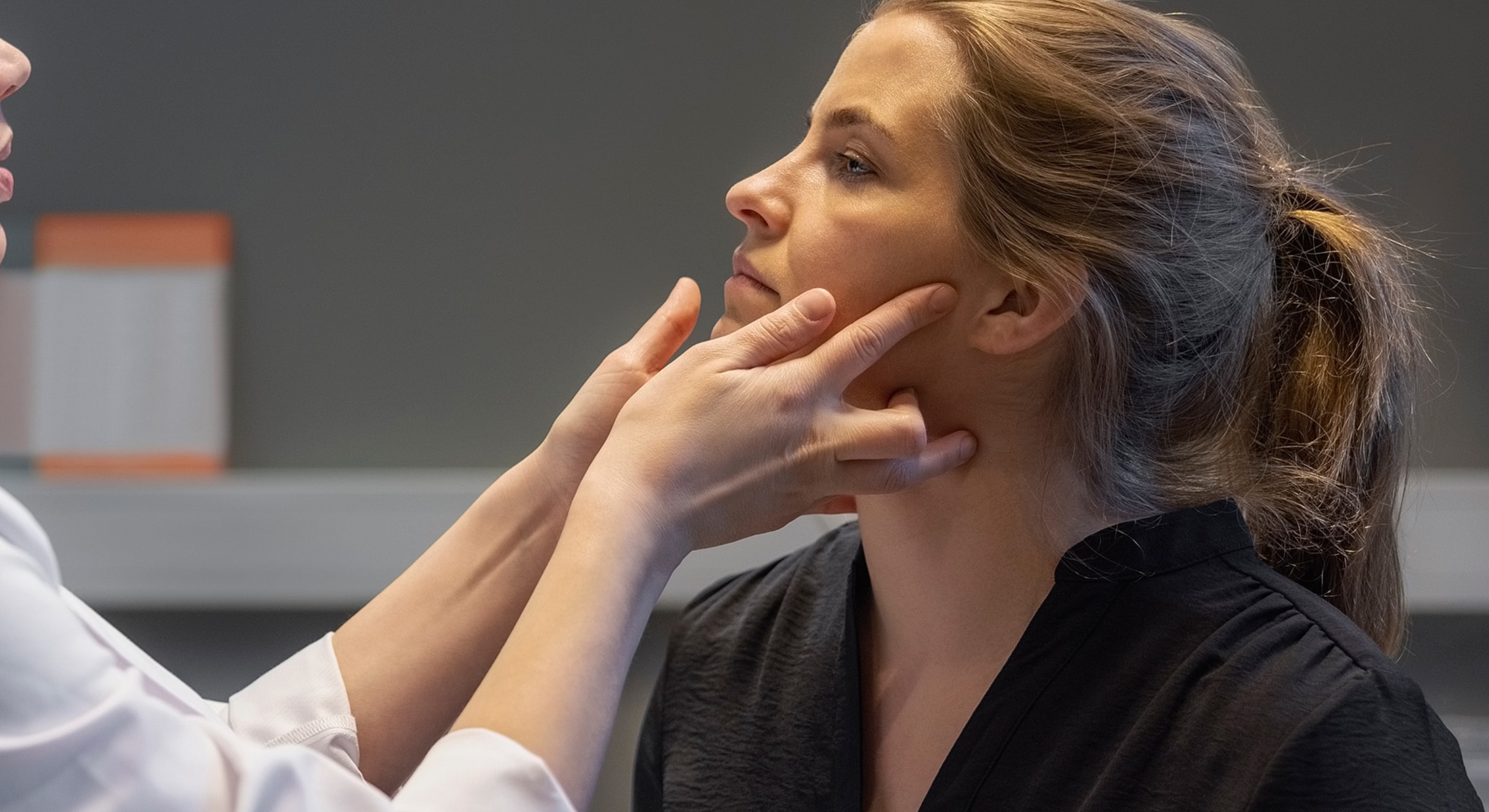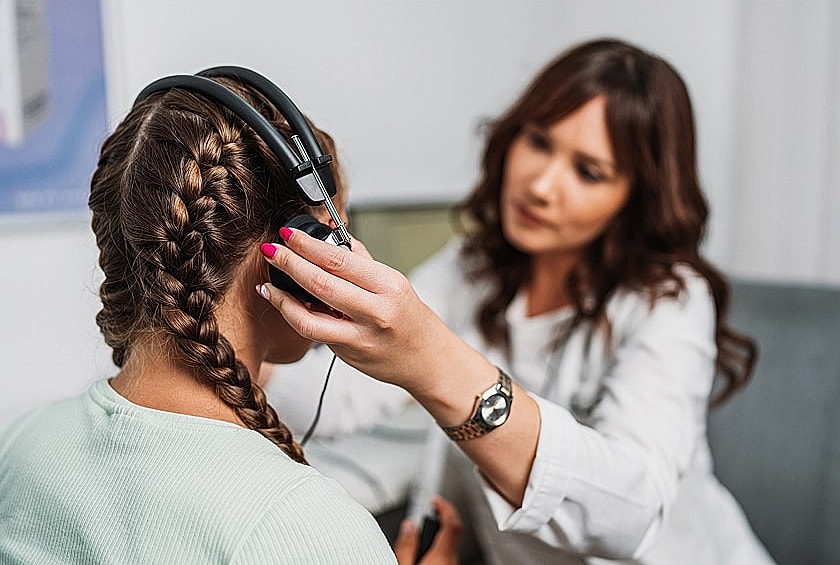Singing voice therapy is a specialized approach that focuses on strengthening and safeguarding your vocal cords with targeted exercises and expert training.

















Healthy vocal function is vital for singers, performers, public speakers, and anyone who relies on their voice professionally. Overuse, poor technique, acid reflux, or vocal strain can cause hoarseness, discomfort, fatigue, and even long-term injury. At SoCal ENT, we provide specialized singing voice therapy with individualized care plans to help artists and professionals heal, strengthen, and refine their vocal abilities.
Our therapy approach focuses on restoring vocal clarity, preventing reinjury, and improving overall vocal performance using guided breathing strategies, custom vocal exercises, and advanced diagnostic assessments. Whether you’re on stage, in a classroom, or behind a podium, we’re here to help you use your voice confidently and comfortably.





Singing voice therapy is a targeted form of voice rehabilitation designed to:
At SoCal ENT, our voice specialists utilize advanced diagnostic technology to assess vocal cord function, airflow dynamics, and muscle coordination. With this detailed insight, we design personalized therapy programs focused on healing, prevention, and maximizing vocal performance.
Our comprehensive voice therapy services pair precision diagnostics with personalized treatment plans. Depending on your needs, your treatment may include:
Step 1: Vocal Assessment & Diagnosis
Flexible Laryngoscopy -A slender, flexible scope is gently guided through the nose to provide a live view of the vocal cords and surrounding throat structures. This helps us detect inflammation, irregular movement, or vocal strain.
Videostroboscopy - Because vocal cords move too rapidly to see with the naked eye, this technology captures slowed-down visuals of vocal fold vibration, offering precise insight into vocal performance and coordination.
Reflux Screening - Acid reflux often contributes to chronic throat irritation and hoarseness. If identified, we create a comprehensive management plan that may include lifestyle changes, diet guidance, and medication to reduce symptoms.
Step 2: Customized Singing Voice Therapy
Every patient receives a tailored therapy program, which may involve:
Breath Control & Vocal Conditioning – Builds vocal strength, enhances breath support, and minimizes strain during use.
Speech Therapy & Resonance Techniques – Refines vocal tone, placement, and projection for better clarity and stamina.
Postural Alignment & Tension Release – Eases muscle tightness and improves alignment to support efficient vocal use.
Reflux Care & Nutritional Adjustments – Helps soothe and protect the vocal cords by reducing acid-related irritation.
Singing voice therapy supports the prevention and treatment of a wide range of vocal issues, including:
By targeting the root cause of these conditions, singing voice therapy helps restore healthy vocal function, so voice professionals can perform with confidence and comfort.

Singing voice therapy is designed to support your long-term vocal health. Benefits include:
With regular therapy and ongoing vocal hygiene, many patients experience sustained improvements in their vocal strength, quality, and performance.

You may be a good candidate for singing voice therapy if you:
For anyone who depends on their voice professionally, ongoing therapy and maintenance are essential to avoid permanent strain or injury.

Recovery from singing voice therapy varies based on the extent of the vocal issue and how consistently you follow your therapy plan. Many patients begin noticing improvement within a few weeks, while more complex conditions may take longer to resolve.
Your ENT provider and voice therapist will guide you through a customized recovery plan, which may include hydration tips, vocal rest, and targeted breathing exercises to promote healing and protect your vocal health.

With regular therapy and proper vocal care, most patients notice:
For singers, speakers, and other voice professionals, ongoing maintenance and targeted exercises help preserve vocal strength, enhance performance quality, and support lasting career health.
The duration of your treatment plan depends on your specific vocal issues. Patients often notice improvements within a few weeks of starting therapy. Those with more complex concerns may benefit from several months of therapy.
Absolutely. Vocal technique, breath support, and therapy exercises can significantly enhance your voice, reduce strain, improve endurance, and prevent the development of nodules or polyps. By focusing on these elements, you can maintain a healthy voice and enjoy long-term vocal benefits without the risk of damage. Remember, small adjustments in your daily routine can make a world of difference for your voice's health and longevity.
Many insurance plans include coverage for speech therapy addressing voice disorders. Consult your insurance representative or our team for details on your specific coverage.
If you use your voice professionally and deal with ongoing hoarseness, changes in voice quality, throat pain, or vocal fatigue, a consultation with one of our providers can help determine if voice therapy would be beneficial.